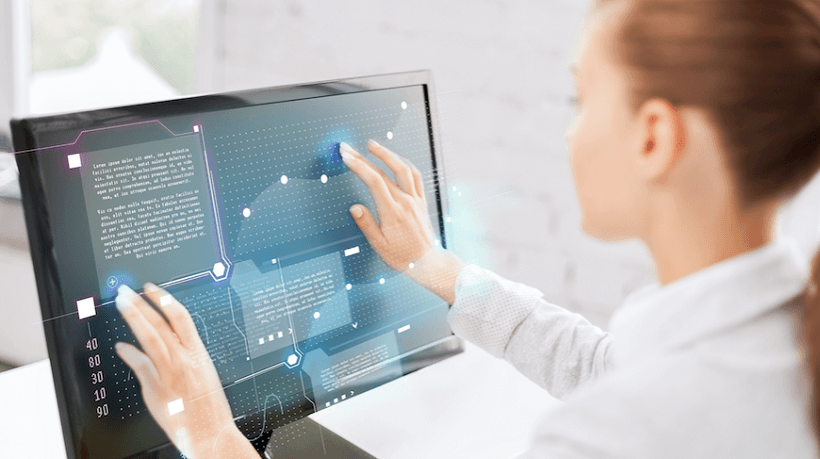Corporate Personalized Learning: Is It Still Hype?
Personalization is everywhere. Just log in to Netflix, Amazon, or Facebook to see personalization at work – that is, platforms like these have found ways to leverage user data in order to provide a more tailored and relevant user experience. The goal of personalization is to increase user engagement on platforms such as these, and the numbers indicate that it’s working.
A similar phenomenon has been seeping into corporate eLearning trends over the past few years. In a world that demands immediacy, higher productivity, and trackable outcomes, the introduction of new learning technology has finally enabled the scalability of personalization in eLearning.
Now that learning technology can better accommodate personalization, it is quickly transcending “trend” status and becoming a corporate learning best practice. But, is it still just hype? How are organizations actually leveraging learning personalization?
The Benefits Of Personalized Learning In Corporate Learning Programs
A recent study by Brandon Hall Group found that 90% of companies agree that personalized learning supports continuous development, and 93% of companies agree that personalized learning helps employees reach their goals more efficiently.
There’s no set definition for personalized learning, but in an eLearning context, it refers to delivering the right learning content to the right person, at the right time. If a learner is presented with learning content that is relevant to their specific learning needs, milestones, and knowledge gaps, they will likely be more engaged with corporate learning and the effectiveness of corporate learning programs will increase.
Personalization can resolve much of what seems to be ineffective in most modern learning programs. A recent article from SHRM provided insight from Bill Pelster, a principal at Deloitte Consulting, who observed that: “Modern employees are so overwhelmed that the old-school model of a two-hour learning module just doesn’t work anymore. In all the conversations I’m having with companies, the bottom line is, ‘We’ve got to get it down to 15 minutes before people get pulled into doing their jobs again.’ And if you want to rise above the noise, you have to personalize it. There’s nothing more frustrating than sitting through a two-hour learning that wasn’t relevant.”
It would appear that most organizations agree that personalized learning is (and should be) a corporate training best practice, but it would appear that few are actually successfully implementing it.
The Reality Of Learning Personalization
The aforementioned study by Brandon Hall Group also found that fewer than 50% of companies use personalized learning either most or all of the time, and only 6% of companies say their personalized learning strategy is aligned with the 70:20:10 learning framework.
This is problematic because personalized learning, like any kind of learning, occurs through both formal and informal means. It is important to integrate your personalized learning strategy with your formal and informal learning strategies and, more importantly, that your learning technology can support both of these methods.
You don’t need a fancy, state-of-the-art artificial intelligence (AI) machine for personalization – in fact, one of the most effective means of personalized learning is asking questions on a one-to-one basis. Since personalized learning can also happen socially through conversations, or by consulting a peer expert, your learning technology should support social learning features (such as Q&A forums).
However, this is just the tip of the iceberg for learning personalization. As learning technology continues to develop, advancements in AI tools will create exciting opportunities for personalized learning. Organizations must consider adopting now (or risk getting left behind).
Personalization And Learning Technology
As much as technology has enabled the capabilities to execute and scale a corporate learning personalization strategy, technology alone cannot deliver personalized learning. As with just about all eLearning practices, it takes a combination of people, processes, and tools for personalized learning to work effectively – after all, the intrinsic human nature of personalization means that it will always require a human touch.
Learn how to integrate personalized learning into your Learning and Development programs now – download Docebo’s whitepaper, Tapping Into the Power of Personalized Learning.









